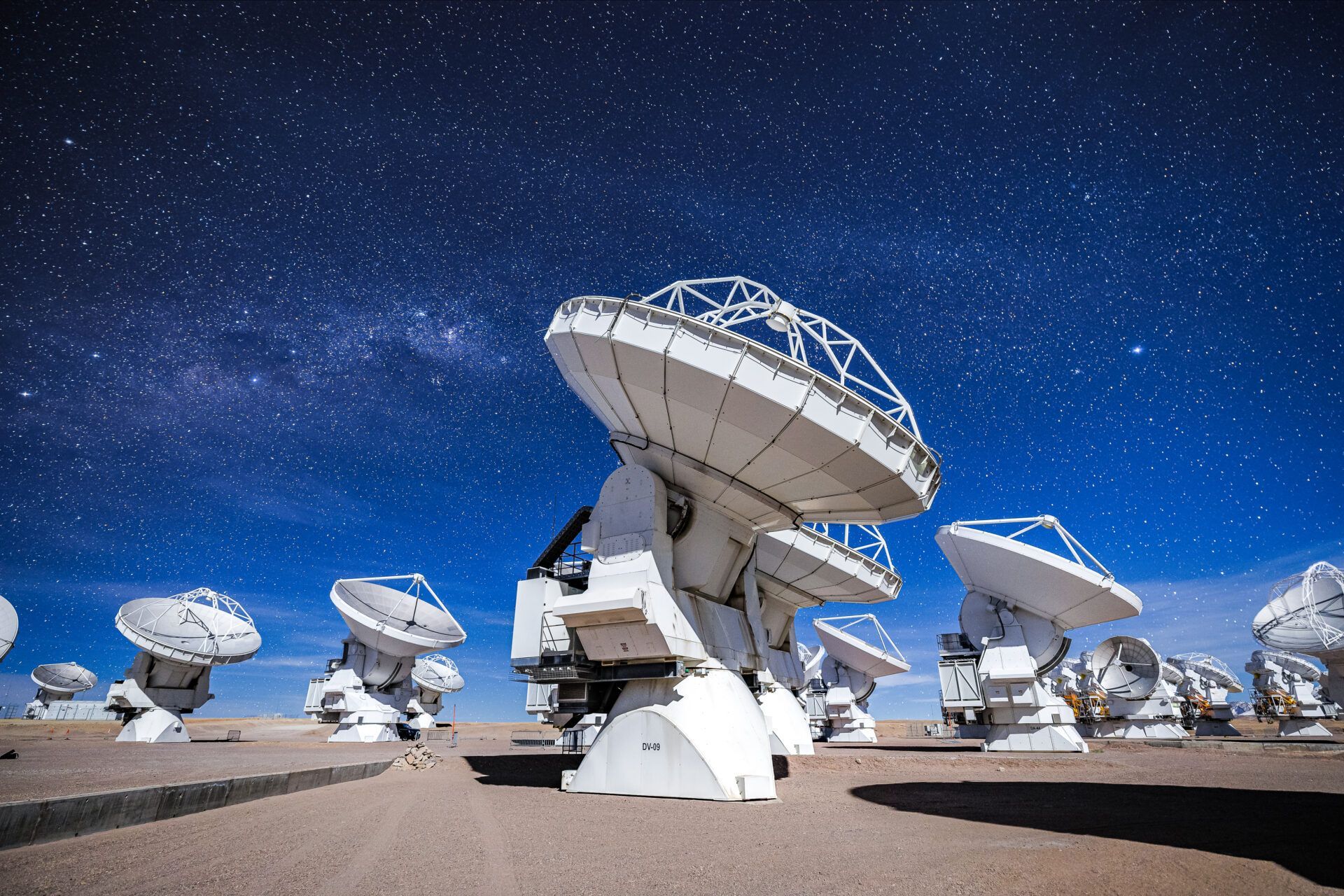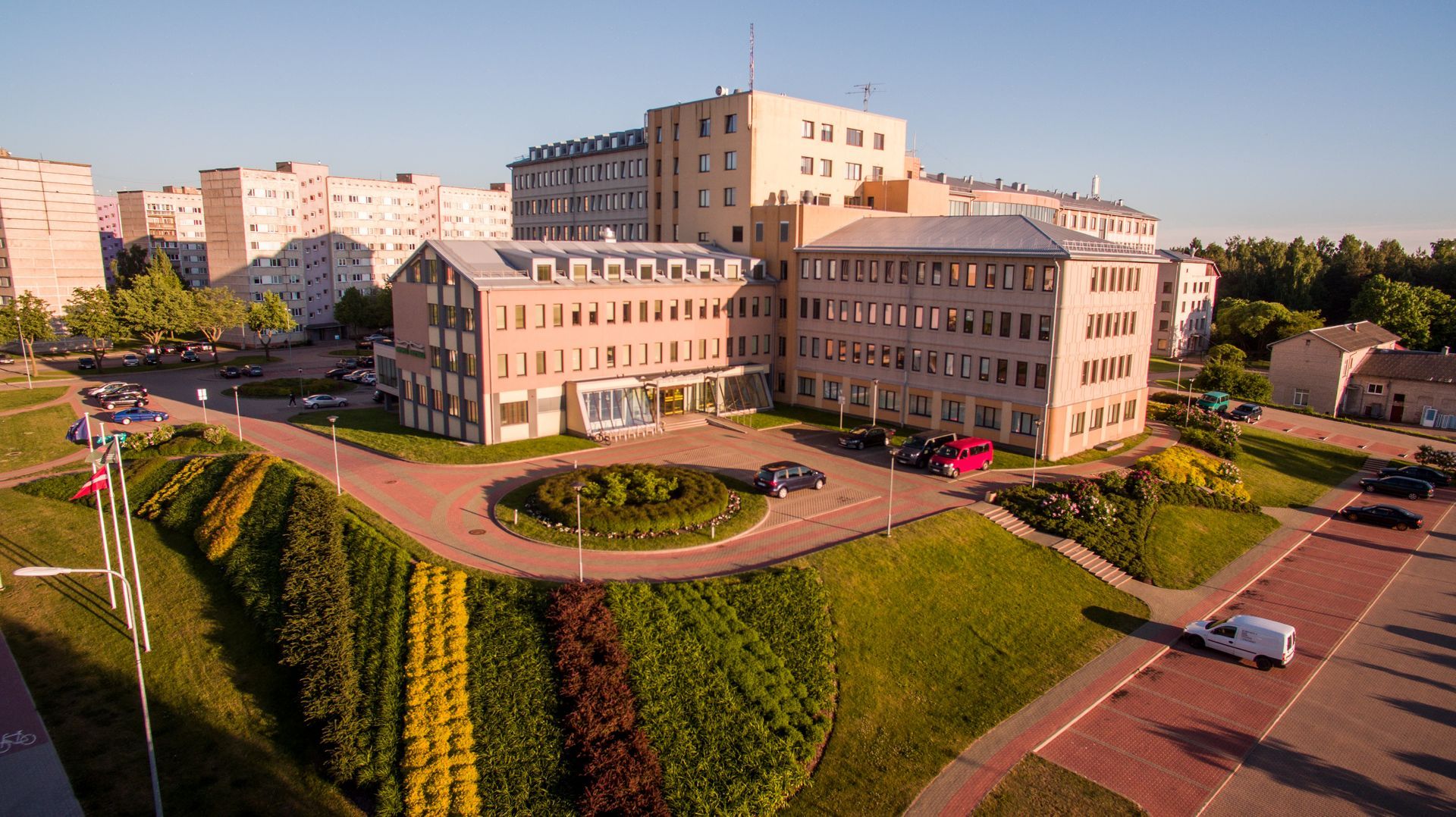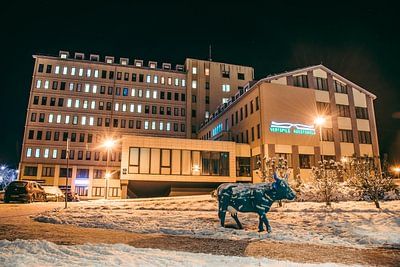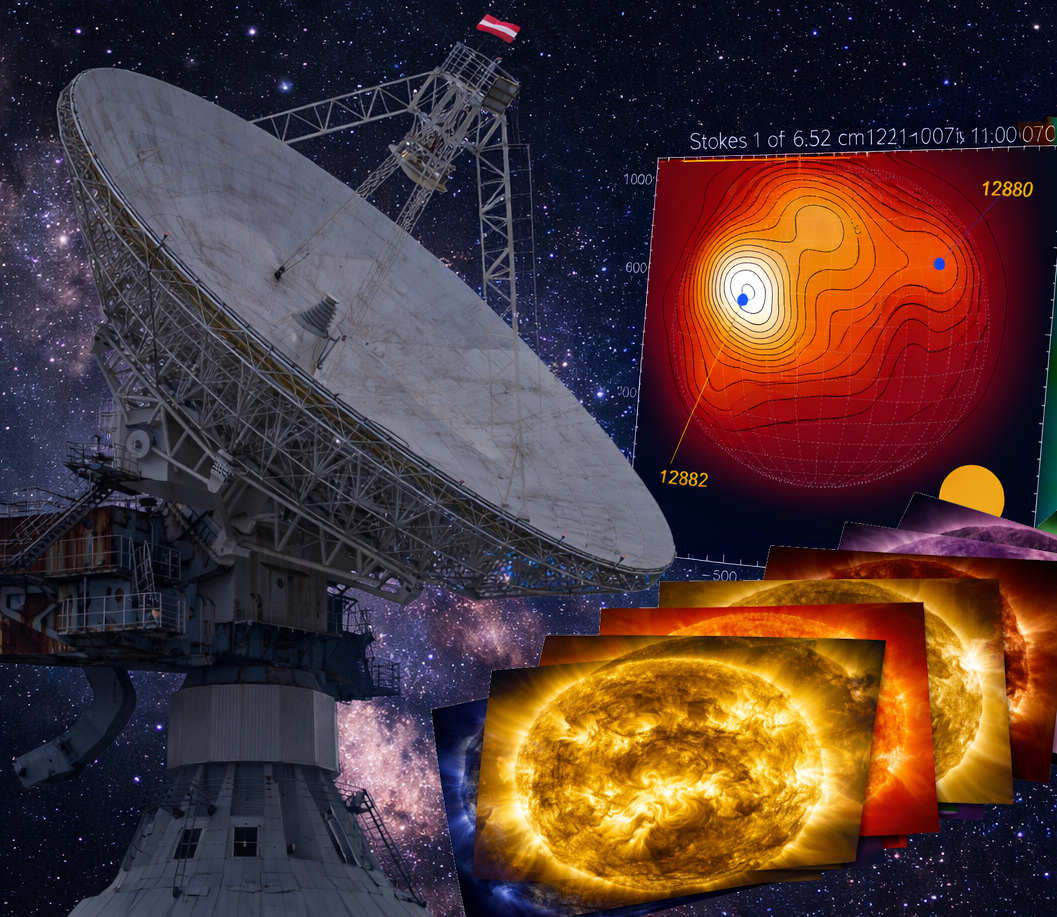How did VIRAC do in 2020?
We’ve made quick steps into the new 2021, leaving bright and significant events behind us, that will not be forgotten too soon. Yesteryear has brought every one of us many challenges – we needed a restructure of work life due to the crisis in our country, to be relentless and not give up in the face of hardships, as well as reach new peaks in our professional life in spite of these circumstances. VIRAC has also had a colorful 2020. We offer to look back on the most significant moments in VIRAC during 2020.
In the beginning of the year our lead researcher Artūrs Vrubļevskis participated in the interactive portrait exhibition #ZinātneLatvijai, hosted by the Ministry of Science and Education, the goal of the exhibition was to celebrate the scientific prowess and variety of Latvia, as well as allow to take a peek in the stories of personal videos by Latvian scientists and get to know the better.
At the start of the year a significant event was when we closed a partnership contract with the Swedish Space Corporation (SSC), in order to combine VIRAC and SSC competencies and to work together on the RT-16 and RT-32 adaptation for dual application in radio astronomy and distant space communications, creating a possibility for an interdisciplinary application.
“Nowadays we know that Space is much larger and stranger than many might think. However, thanks to the many genius minds, it is becoming much more imaginable, visible and comprehensible – day after day people all around the world are working on the pieces of this incomprehensible puzzle and Latvia is no exception.” – the online “Icebreakers’20” event in 2020 can be described in these exact words, where specialists of the Space Industry participated, one of them – Aleksejs Klokovs, who also moderated this event. In turn, Artūrs Vrubļevskis, participated in the “Icebreakers’20” festival in the October of 2020, by presenting the importance of the fundamental research with examples from Ventspils and MIT.
In 2020 the realization of the Project Draugen, started in 2019, was actively being succeeded – market research was being done, 3D models of magnetic flow in the bicycle generator were being made, as well as the trademark “Friendyno” was registered within the framework of the Draugen project and overall exposition of the project was published in “Uzņēmēju dienas 2020”, moreover, Friendyno was widely presented in the International MINOX exposition, where Vladislavs Bezrukovs and Valērijs Bezrukovs also participated.
VIRAC representatives also participated in important conference blocks like Europlanet Science Congress 2020, “Dark and Quiet Skies for Science and Society”, as well as MTTW’20.
And not only our researchers participate in scientific research or give presentations to the interested in the form of public speaking, but also promote the improvement of high-scholar skills and knowledge within the framework of physics classes, which have been successfully taught by our researcher Artis Aberfelds.
In the later half of 2020 an issue about the Wind turbine park construction and potential electromagnetic interference with radio astronomical research arose, by using IE VIRAC radio telescopes in Irbene – that was what the lead researchers gave an in-depth explanation in public about. Also in September of 2020 the publication “Evaporative cooling of icy interstellar grains. II. Essential parameters” by Juris Kalvāns and Juris Roberts Kalniņš was published in the internationally recognized magazine – Astronomy & Astrophysics.
The most awaited event happened at the end of the year – the Christmas conference, that was held differently than ever before – online. The conference could be joined by anyone interested, from anywhere in the world. At the same time – Ventspils University of Applied Sciences conference “School of Tomorrow” was held.
Even though tours at Irbene in 2020 were limited due to the restrictions imposed in the country, it did not stop the biggest enthusiasts from visiting and getting to know the radio telescopes and the overall territory of Irbene. This year, approximately 3000 people have taken the tour offers.
There you have it, a colorful way to spend 2020. Numerous state financed, ERAF and European Space Agency projects have been started, many gatherings and seminars have been organized. We have participated in publicity events and revealed a collection of articles, as well as celebrated jubilees. We are proud that we have done unique research with unique results, proud for the new opportunities in partnerships and development in Latvia and Europe. We, VIRAC, are proud about every single one of our achievements and we will continue to improve on much larger scales not only in 2021, but also onwards.
Share on other platforms
Other news







